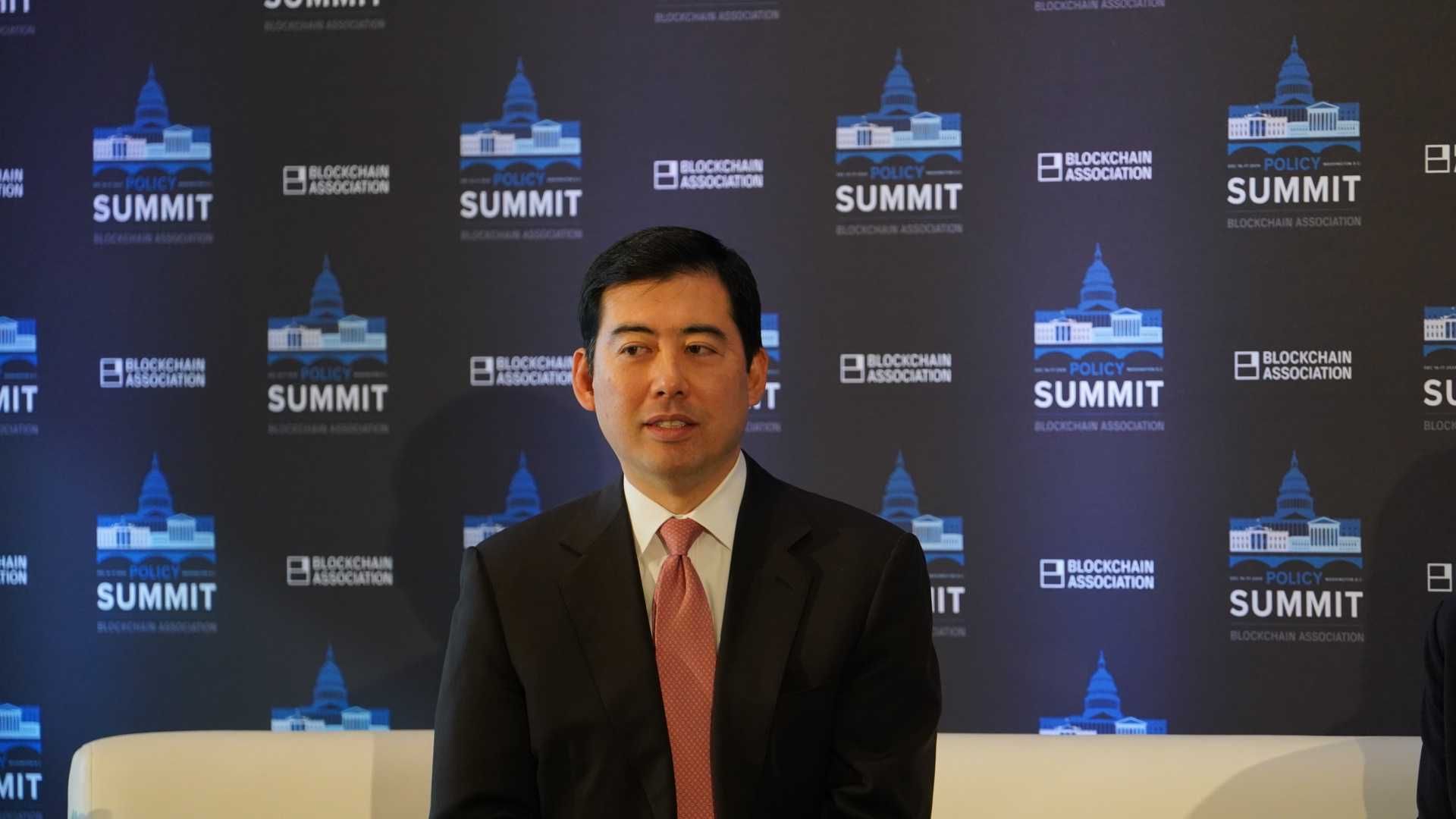SEC Unveils New Executive Staff for Crypto Task Force
The U.S. Securities and Exchange Commission’s (SEC) Acting Chairman, Mark Uyeda, announced the appointments of new executive staff members on Tuesday, including key roles within the agency’s newly formed Crypto Task Force.
Among the appointees, two individuals hail from within the SEC itself. Richard Gabbert, who previously acted as a counsel to the crypto-friendly task force leader, Commissioner Hester Pierce, will assume the role of chief of staff and also serve as a senior advisor to Uyeda. Meanwhile, Taylor Asher, who was formerly a senior policy advisor to Uyeda, has been designated as the chief policy advisor for the task force.
The third appointee, Landon Zinda, will serve as counsel to Uyeda and function as a senior advisor for the task force. Zinda brings valuable experience from his previous position as policy director at the crypto think tank Coin Center. His background includes working for two prominent pro-crypto congressmen: Senator Pat Toomey (R-Pa.) and Representative Tom Emmer (R-Minn.).
The SEC’s formation of the Crypto Task Force was announced last month, coinciding with the departure of former Chairman Gary Gensler. The task force’s mission focuses on creating a comprehensive and transparent regulatory framework for crypto assets. It is set to collaborate closely with Congress, the crypto industry, and the Commodity Futures Trading Commission (CFTC), as detailed in the official press release regarding its establishment.
This initiative marks a significant shift in the SEC’s approach to crypto regulation, moving away from the previous strategy of regulation by enforcement that characterized Gensler’s tenure. As stated in a recent press release, the SEC noted, “To date, the SEC has relied primarily on enforcement actions to regulate crypto retroactively and reactively, often adopting novel and untested legal interpretations along the way.” The agency acknowledged that clarity on who needs to register and how to do so effectively has been lacking, contributing to an environment that fosters confusion and hinders innovation while making it easier for fraud to occur. The SEC concluded, “The SEC can do better.”







